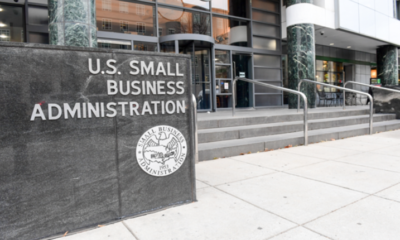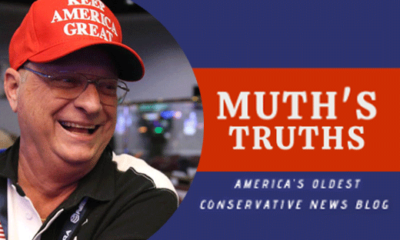
Nevada Gov. Steve Sisolak delivers his first State of the State address from the Assembly Chambers of the Nevada Legislature in Carson City, Nev.
AP Photo/Tom R. Smedes
(Sarah Downey) – A year into the administration of a new governor, economic growth in northern Nevada is expected to continue at a healthy rate, if provisions are in place to ensure the state maintains affordability, according to a government affairs and public policy firm in Reno.
During the prior administration of Gov. Brian Sandoval, major corporations were lured to the northern part of the state as it sought to diversify from a gaming-based economy, Tray Abney of the Nevada Prosperity Project and a managing partner of the Abney Tauchen Group, told the Center Square.
“There was a special legislative session to get Tesla here; it put Reno on the map, and a lot of folks relocated from Silicon Valley,” Abney said.
Google and Apple were among the companies that chose to open offices in the area, due in large part to tax incentives.
While such progress has led to unprecedented growth in the region, it’s also come at the cost of higher housing prices, crowded schools, and overtaxed infrastructure.
On the flip side, the state had 15 percent unemployment during the 2008 recession and many construction workers had to move away for jobs in other states. Ever since, it’s been a struggle to get them back, and construction costs are high. The average price for new homes now runs about $350,000 – out of reach for many residents, Abney said.
“It’s an expensive market to build in, which is now leading to a housing crunch,” Abney said. “Now that we’ve got all this growth, it’s hard to keep up with demand.”
A growing anti-growth movement has been a byproduct of all the change, Abney noted.
“Now we’re dealing with a little bit of the backlash, and there’s been work to ensure everyone about lowering rates,” he said.
Sandoval’s successor, Gov. Steve Sisolak, has indicated that affordability and growth of small businesses will be a focus of his administration. In his first year in office, he also helped pass an incremental hike in the state’s minimum wage, bringing it to $12 by 2024.
“Sandoval had to scramble to diversify the state’s economy amid the recession and there were a lot of tax breaks given to corporations wanting to move here,” Abney noted. “Sisolak’s got a different take, a different viewpoint to handle all the growth. He wants to focus on homegrown businesses, he’s saying, we don’t want to give away the store with these tax breaks.”
By





Facebook
Twitter
Pinterest
RSS